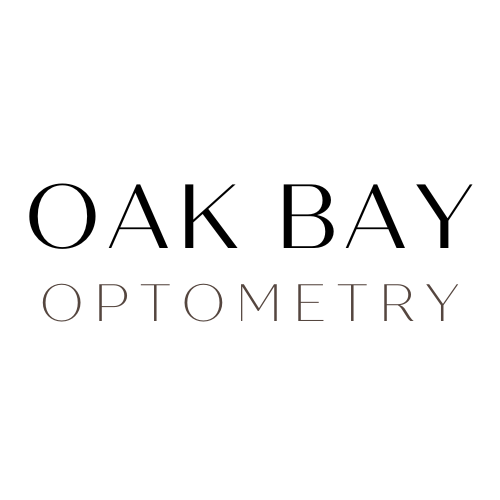Age-Related Macular Degeneration
Age-Related Macular Degeneration, AMD for short, is the leading cause of blindness in North American adults over the age of 55. It is something that we monitor for in every full eye health examination, as symptoms don’t show until the condition is quite progressed, and vision that is lost cannot be regained. A full eye-health exam will catch early signs of the condition, so we can help minimize the loss of vision associated with the condition.
Watch this video from the BC Doctors of Optometry to find out more about AMD, or continue reading below. Of course always feel free to call us with any concerns!
So what is AMD, and how does it impact your vision?
Your macula is the central part of your retina, which is the part of the eye that is responsible for detailed central vision. This includes your vision for driving, recognizing faces, reading, and more. Macular degeneration is damage to this area, which causes blurring in the central part of your vision.
The early stages of macular degeneration can only be detected by a full eye health examination. A common initial symptom is slightly blurred vision in the center of your focus when doing tasks that require detail. It can also cause straight lines to look distorted or wavy, and dark spots that blank out portions of vision. As the condition worsens your vision decreases.
There are two broad forms of AMD: dry and wet. Dry AMD is much more common and is a gradual progression of the condition in which symptoms develop slowly over time. Wet AMD is much less common, and is a sudden bleeding from the macula and symptoms progress rapidly.
At Oak Bay Optometry we have established protocols for detecting, treating, and monitoring macular degeneration. For those patients with early AMD, we will work to slow the process down and save as much central vision as possible. More severe cases will be referred to a retinal specialist, which will provide a treatment plan that may involve our clinic monitoring the condition. Our care provides a personalized plan based on the most up to date research on AMD prevention.
What can you do to help prevent AMD progression?
Macular degeneration is an age related illness, and the treatment available is preventative lifestyle changes. Certain factors place you at a higher risk to developing AMD – smoking, extensive UV exposure, lack of certain vitamins and nutrients, and a lack of activity have been linked to the condition. Following a healthy lifestyle and having proper UV protection for your eyes are believed to play a central role in preventing AMD. A diet high in green leafy vegetables, yellow and orange fruit, fish, and whole grains all have important nutrients which can help your vision. A proper pair of sunglasses that is well fitted and offers UV exposure is also important to wear in all conditions – even on overcast days.
Macular Degeneration Prevention Program
If signs of macular degeneration is found during your eye health examination your optometrist may recommend monitoring with our macular degeneration prevention program.
A baseline image of your maculas will be obtained using a retinal camera and an Ocular Coherence Tomographer (OCT).
The retinal camera provides sharp digital images of the surface of the macula. The OCT provides more information about the macula by detailing all of the separate layers of the central retina. This advanced technology allows us to detect more subtle changes in the health of the macula, often before any changes in vision are noticed. This means that disease progression can be caught, and dealt with sooner.
Depending on our findings, a personalized care plan is proposed for your needs. The care plan will include follow-up appointments, retinal photos and/or OCT scans, and will be scheduled at 3, 6, or 12 month intervals to reassess the macula and give further counselling regarding macular health. We want to do everything that we can to protect your central vision.
